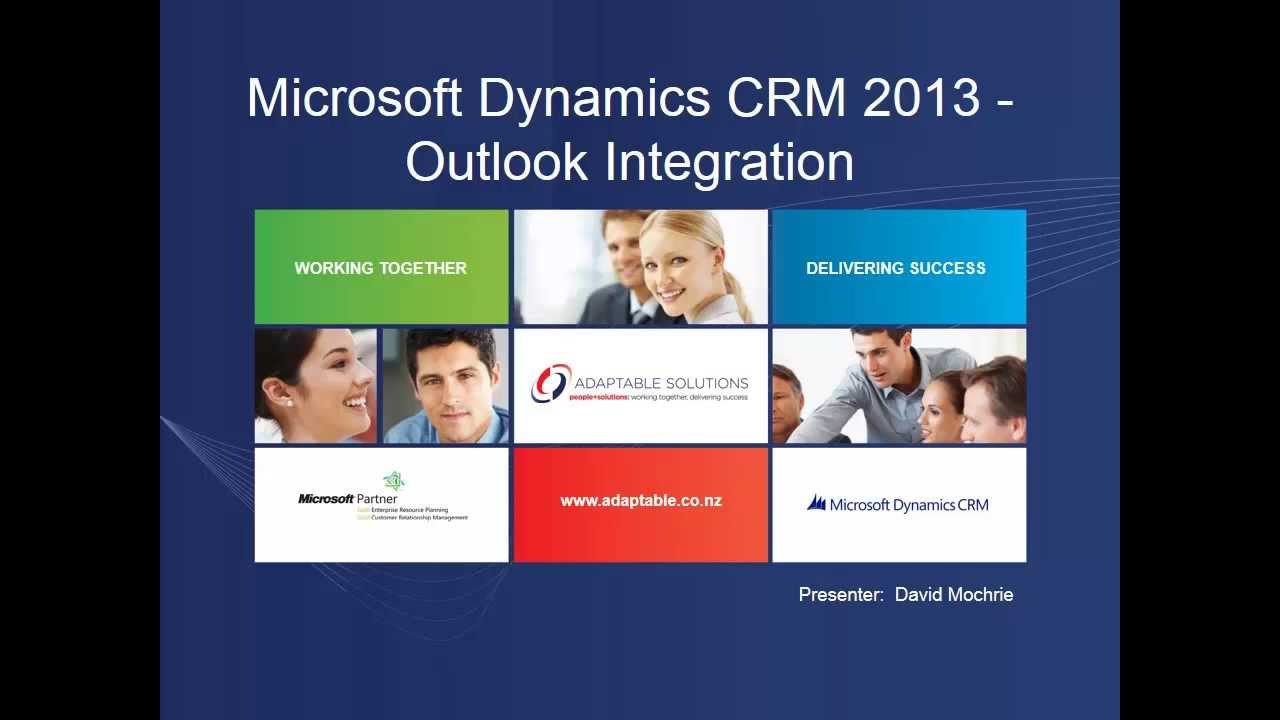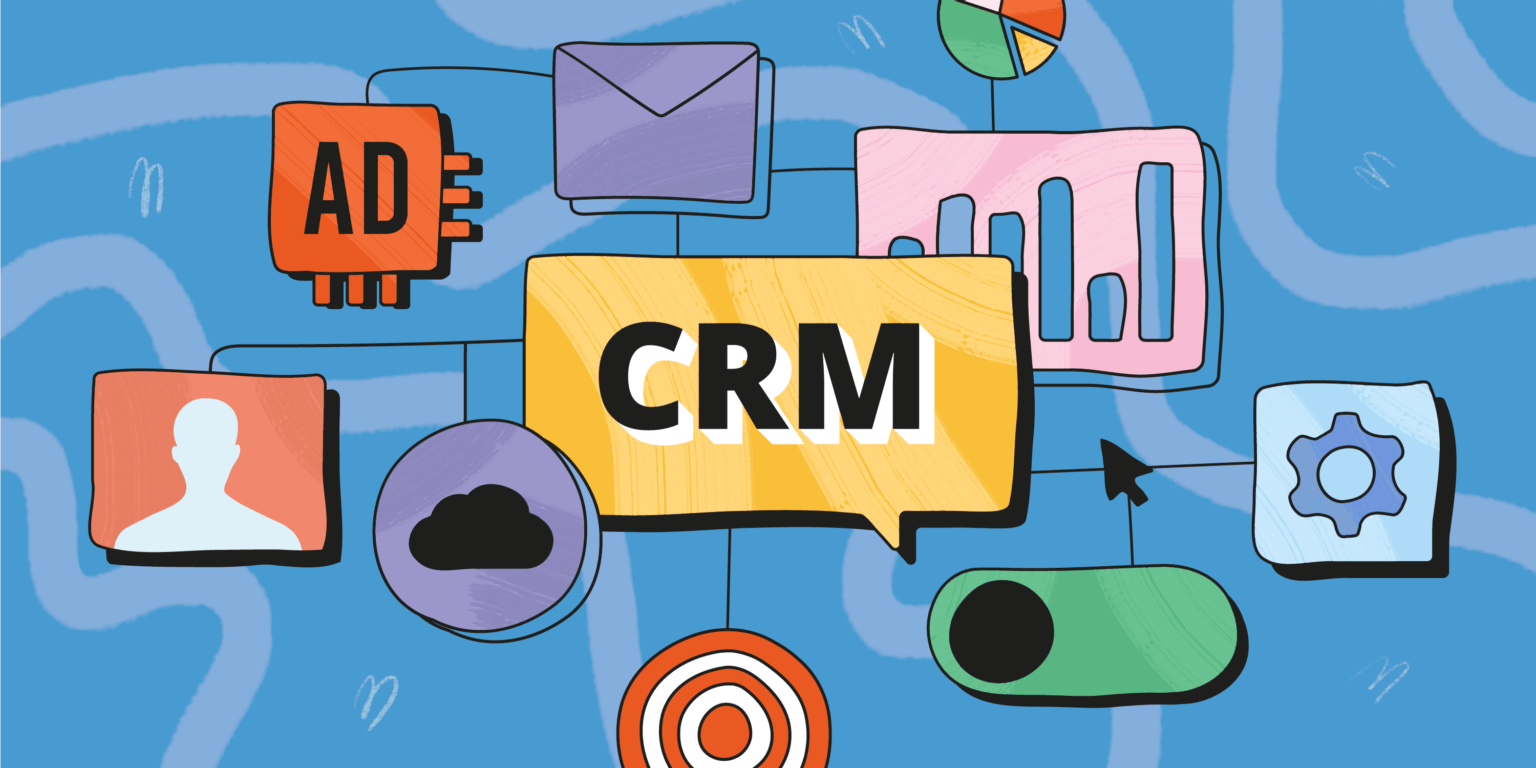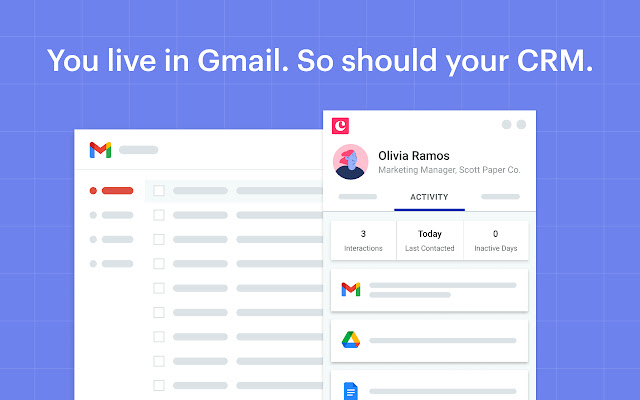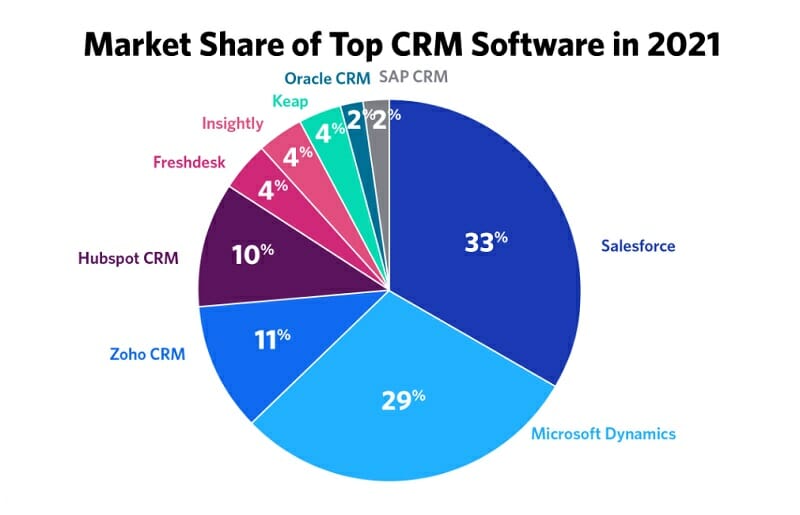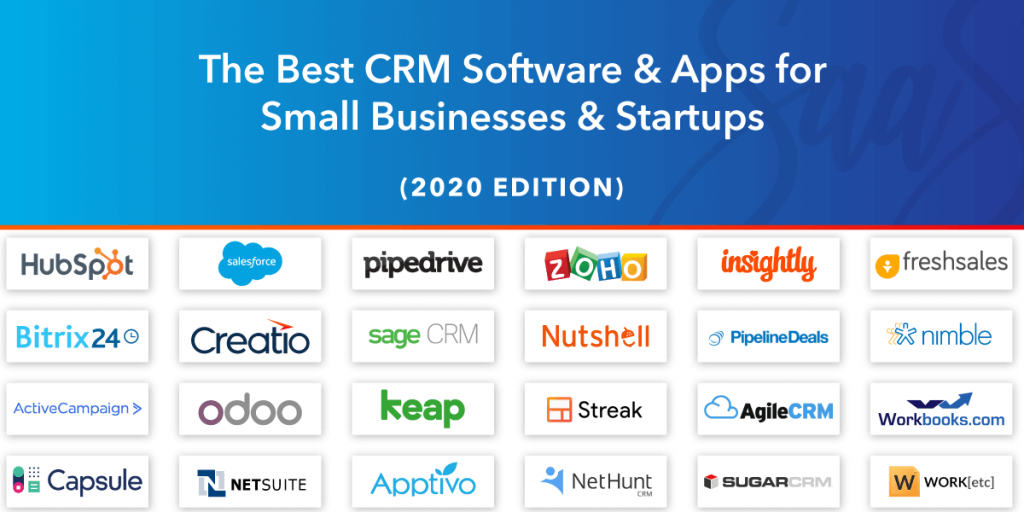The Ultimate Guide to Small Business CRM Tools: Boost Sales and Customer Loyalty
The Ultimate Guide to Small Business CRM Tools: Boost Sales and Customer Loyalty
Running a small business is a whirlwind. You’re juggling a million things at once: marketing, sales, customer service, operations… the list goes on. In the midst of all this, it’s easy to let crucial details slip through the cracks. That’s where Customer Relationship Management (CRM) tools come in. They’re not just for the big corporations; they’re a lifeline for small businesses, helping you manage customer interactions, streamline processes, and ultimately, boost your bottom line. This comprehensive guide will delve into the world of small business CRM tools, equipping you with the knowledge to choose the right one and leverage its power to its fullest potential.
What is a CRM and Why Does Your Small Business Need One?
At its core, a CRM is a system that helps you manage your interactions with current and potential customers. It’s a centralized hub where you can store and access all customer-related information: contact details, purchase history, communication logs, and more. Think of it as your business’s memory, ensuring that you never lose track of important details and providing a complete view of each customer’s journey.
But why is a CRM so critical for a small business? Here are some key benefits:
- Improved Customer Relationships: By having all customer information in one place, you can personalize your interactions, anticipate their needs, and build stronger relationships. This leads to increased customer satisfaction and loyalty.
- Increased Sales: CRM tools help you track leads, nurture them through the sales pipeline, and close deals more efficiently. You can identify high-potential leads and focus your efforts where they’re most likely to yield results.
- Enhanced Efficiency: CRM automates many time-consuming tasks, such as data entry, email marketing, and follow-up reminders. This frees up your time so you can focus on more strategic activities.
- Better Decision-Making: CRM provides valuable insights into your customers’ behavior and preferences. This data can inform your marketing campaigns, product development, and overall business strategy.
- Improved Communication: CRM ensures that everyone in your team has access to the same customer information, leading to better collaboration and more consistent communication.
Key Features to Look for in a Small Business CRM
Not all CRM tools are created equal. The features you need will depend on the specific needs of your business. However, there are some essential features that every small business CRM should have:
Contact Management
This is the foundation of any CRM. It allows you to store and organize all your customer contacts, including names, addresses, phone numbers, email addresses, and other relevant information. Look for features like:
- Contact Segmentation: The ability to group contacts based on demographics, behavior, or other criteria.
- Contact Import/Export: The ability to easily import and export contact data from other sources.
- Duplicate Detection: The ability to identify and merge duplicate contacts.
Sales Automation
Sales automation features streamline your sales process, helping you close deals faster and more efficiently. Key features include:
- Lead Management: Tools for tracking and nurturing leads through the sales pipeline.
- Deal Tracking: The ability to track the progress of sales deals and identify potential roadblocks.
- Sales Reporting: Reports that provide insights into your sales performance, such as sales volume, conversion rates, and deal velocity.
- Task Automation: Reminders and automated actions to keep your sales team on track.
Marketing Automation
Marketing automation features help you automate your marketing campaigns, nurture leads, and build brand awareness. Key features include:
- Email Marketing: The ability to create and send targeted email campaigns.
- Landing Page Creation: Tools for creating landing pages to capture leads.
- Social Media Integration: The ability to integrate your CRM with your social media accounts.
- Marketing Analytics: Reports that provide insights into your marketing performance, such as email open rates, click-through rates, and conversion rates.
Customer Service
Customer service features help you manage customer inquiries, resolve issues, and provide excellent customer support. Key features include:
- Ticket Management: The ability to track and manage customer support tickets.
- Knowledge Base: A central repository of information that customers can access to find answers to their questions.
- Live Chat: The ability to provide real-time customer support through live chat.
- Help Desk Integration: Integration with popular help desk platforms.
Reporting and Analytics
Reporting and analytics features provide insights into your business performance, helping you make data-driven decisions. Key features include:
- Customizable Dashboards: The ability to create custom dashboards that display the metrics that are most important to your business.
- Pre-built Reports: Pre-built reports that provide insights into your sales, marketing, and customer service performance.
- Data Visualization: The ability to visualize your data using charts and graphs.
Integrations
The ability to integrate with other tools you use is crucial for a CRM to be effective. Look for integrations with:
- Email Marketing Platforms: (e.g., Mailchimp, Constant Contact)
- Accounting Software: (e.g., QuickBooks, Xero)
- Social Media Platforms: (e.g., Facebook, Twitter, LinkedIn)
- Help Desk Software: (e.g., Zendesk, Freshdesk)
- E-commerce Platforms: (e.g., Shopify, WooCommerce)
Top Small Business CRM Tools: A Comparative Overview
Now, let’s take a look at some of the top CRM tools specifically designed for small businesses. Each has its strengths and weaknesses, so consider your specific needs when making your choice.
1. HubSpot CRM
HubSpot CRM is a popular choice for small businesses, and for good reason. It offers a robust free plan that includes contact management, sales pipeline tracking, and basic marketing automation features. Its user-friendly interface and comprehensive features make it a great starting point for businesses new to CRM. HubSpot’s paid plans offer more advanced features, such as marketing automation, sales analytics, and customer service tools.
- Pros: Free plan available; User-friendly interface; Comprehensive features; Excellent integrations; Strong marketing automation capabilities.
- Cons: Limited features in the free plan; Can be expensive for larger businesses.
- Best for: Businesses new to CRM; Businesses that need strong marketing automation capabilities; Businesses that want a user-friendly platform.
2. Zoho CRM
Zoho CRM is a versatile and affordable option that caters to a wide range of businesses. It offers a free plan for up to three users, as well as a variety of paid plans with increasing features and functionality. Zoho CRM is known for its customization options and its ability to integrate with other Zoho products, such as Zoho Campaigns and Zoho Desk. It’s a solid choice for businesses that want a feature-rich CRM without breaking the bank.
- Pros: Affordable pricing; Wide range of features; Highly customizable; Excellent integrations with other Zoho products.
- Cons: Can be overwhelming for new users; Interface can feel cluttered at times.
- Best for: Businesses that want a feature-rich CRM; Businesses that want a highly customizable platform; Businesses that use other Zoho products.
3. Pipedrive
Pipedrive is a sales-focused CRM that’s designed to help sales teams close more deals. Its intuitive interface and visual sales pipeline make it easy to track deals and manage your sales process. Pipedrive offers a variety of features, including lead management, deal tracking, sales reporting, and integrations with other sales and marketing tools. It’s a great option for businesses that prioritize sales and want a CRM that’s easy to use and understand.
- Pros: Sales-focused; Intuitive interface; Visual sales pipeline; Easy to use.
- Cons: Less focus on marketing automation; Limited features in the lower-priced plans.
- Best for: Sales teams; Businesses that prioritize sales; Businesses that want a CRM that’s easy to use and understand.
4. Freshsales
Freshsales is another popular CRM that offers a balance of features and affordability. It provides a user-friendly interface, robust features, and excellent customer support. Freshsales offers a free plan, along with paid plans that include advanced features like sales automation, lead scoring, and custom reporting. It’s a good choice for businesses that want a reliable CRM with a strong focus on customer support.
- Pros: User-friendly interface; Robust features; Excellent customer support; Affordable pricing.
- Cons: Limited integrations compared to some other CRMs; Some features may be more complex to set up.
- Best for: Businesses that prioritize customer support; Businesses that want a user-friendly platform; Businesses that want an affordable CRM.
5. Capsule CRM
Capsule CRM is a simple and straightforward CRM that’s ideal for small businesses that want a no-frills solution. It offers essential features like contact management, sales pipeline tracking, and task management. Capsule CRM is known for its ease of use and its focus on building relationships. It’s a great option for businesses that want a CRM that’s easy to set up and use without a steep learning curve.
- Pros: Simple and straightforward; Easy to use; Focus on building relationships.
- Cons: Limited features compared to other CRMs; Less focus on automation.
- Best for: Small businesses that want a simple CRM; Businesses that prioritize building relationships; Businesses that want a CRM that’s easy to set up and use.
6. Insightly
Insightly is a CRM that focuses on project management and sales. It is suitable for businesses that have a strong project-oriented workflow. Insightly has a user-friendly interface, and a solid set of features. It can be a good choice for businesses that need to manage both customer relationships and project workflows within the same platform.
- Pros: Strong project management features; User-friendly interface; good integrations.
- Cons: Project-oriented focus may not suit all businesses; pricing can be a factor for larger organizations.
- Best for: Businesses that need project management and CRM capabilities combined; Small businesses looking for a user-friendly platform.
Choosing the Right CRM for Your Small Business: A Step-by-Step Guide
Choosing the right CRM is a crucial decision. Here’s a step-by-step guide to help you make the right choice:
- Identify Your Needs: What are your specific goals for implementing a CRM? What are your biggest pain points? Make a list of the features you need and the problems you want to solve.
- Define Your Budget: How much are you willing to spend on a CRM? Consider the cost of the software, as well as any implementation, training, and ongoing maintenance costs.
- Research Your Options: Explore the different CRM tools available and compare their features, pricing, and reviews. Read reviews and see what other small businesses are saying about them.
- Create a Shortlist: Narrow down your options to a few CRM tools that best meet your needs and budget.
- Request Demos and Free Trials: Get hands-on experience with the CRM tools on your shortlist. Request demos from vendors and sign up for free trials to test out the features and see how they fit your workflow.
- Evaluate and Compare: Evaluate each CRM tool based on your criteria, such as features, ease of use, pricing, and integrations.
- Choose the Right CRM: Make your final decision and choose the CRM that best meets your needs and budget.
- Implement and Train: Implement the CRM and train your team on how to use it.
- Monitor and Optimize: Regularly monitor your CRM usage and make adjustments as needed to optimize its performance.
Tips for Successful CRM Implementation
Implementing a CRM is a big undertaking, but it doesn’t have to be daunting. Here are some tips for a successful implementation:
- Get Buy-In from Your Team: Make sure everyone understands the benefits of the CRM and is on board with the implementation.
- Plan Your Implementation: Develop a detailed implementation plan that outlines the steps you need to take to get your CRM up and running.
- Clean Your Data: Before you import your data into the CRM, clean it up to ensure that it’s accurate and consistent.
- Customize Your CRM: Tailor your CRM to your specific needs and workflows.
- Provide Training: Provide your team with adequate training on how to use the CRM.
- Integrate with Other Tools: Integrate your CRM with other tools you use, such as your email marketing platform and accounting software.
- Monitor Your Progress: Regularly monitor your CRM usage and make adjustments as needed.
The Future of CRM for Small Businesses
The world of CRM is constantly evolving, and there are some exciting trends to watch out for:
- Artificial Intelligence (AI): AI is being used to automate tasks, provide insights, and personalize customer interactions.
- Mobile CRM: Mobile CRM tools are becoming increasingly important, allowing businesses to access their CRM data and manage their customer relationships on the go.
- Integration and Automation: CRM tools are becoming more integrated with other business applications, and automation is being used to streamline more and more processes.
- Focus on Customer Experience: CRM tools are increasingly focused on helping businesses deliver exceptional customer experiences.
The right CRM can be a game-changer for your small business. By choosing the right tool and implementing it effectively, you can improve customer relationships, increase sales, and streamline your operations. Don’t be afraid to explore the options and find the CRM that’s the perfect fit for your business. The investment in the right CRM will pay off in the long run, helping you grow your business and achieve your goals.
Conclusion
Choosing and implementing the right CRM tool can seem like a daunting task, but it’s an investment that can dramatically improve your small business’s efficiency, customer relationships, and ultimately, your bottom line. This guide has provided a comprehensive overview of the key features to consider, highlighted some of the top CRM tools for small businesses, and offered a step-by-step guide to help you make the right choice. By carefully assessing your needs, researching the options, and implementing the tool effectively, you can unlock the full potential of CRM and take your business to the next level.

